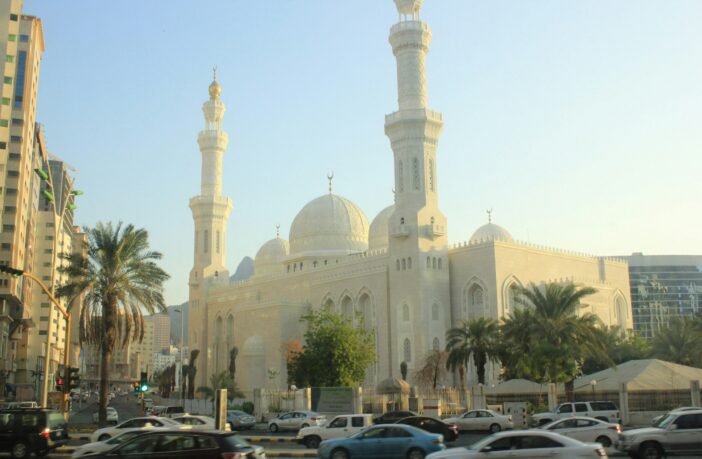Saudi Arabia’s non-oil economy is growing steadily
Saudi Arabia is actively implementing a strategy to reduce its dependence on the oil sector. This approach is already yielding tangible results, enabling the country to pursue new development priorities with confidence. Saudi Arabia’s non-oil economy has grown for five consecutive quarters.
According to official data, the economic situation is as follows:
1. The country’s GDP grew by 3.9% in the second quarter of 2025.
2. Over the previous three months, the indicator increased by 3.4%.
3. Sectors not related to the oil industry grew by 4.7%.
4. The oil industry experienced a 3.8% increase after a slight decline in the previous quarter.
In a systematic approach, Saudi Arabia is developing non-oil activities. This approach is helping to diversify the economy and make it more flexible and less dependent on the energy sector. Additionally, the global push to reduce carbon emissions is prompting the country to adopt a long-term perspective.

The role of the oil industry
Despite the new strategy, it remains a leading sector in the Saudi Arabian economy. At the beginning of the year, production of raw materials declined. However, OPEC+ members increased supplies in the second quarter, contributing to the sector’s growth. This stimulated all oil-exporting countries, including Saudi Arabia.
The kingdom’s robust economic growth is also evident in the IMF’s projections, which anticipate GDP growth of 3.5% in 2025 — surpassing the previous estimate of 3%. IMF analysts say that the country is demonstrating resilience in the face of global economic challenges. At the same time, there is a particular focus on developing non-oil sectors. To this end, the government is actively attracting foreign investors and providing favourable conditions for collaboration. Moreover, the country is achieving good inflation reduction rates, and unemployment has reached a minimum level.
Crown Prince Mohammed bin Salman adopted the Vision 2030 strategy in 2016. The strategy aims to reduce the economy’s dependence on oil revenues. The programme’s main objective is to implement large-scale infrastructure and innovation projects that will attract significant foreign investment. These initiatives are financed through the Sovereign Fund, which is actively expanding its overseas asset portfolio.
Nevertheless, the Middle East’s largest economy still relies heavily on revenues from hydrocarbons. The decline in global oil prices is having a significant impact on the country’s financial situation. Goldman Sachs forecasts suggest that if oil prices fall to US$67 per barrel, Saudi Arabia’s budget could face a deficit. Analysts also warn that government spending and development priorities may be revised if commodity prices continue to fall.




